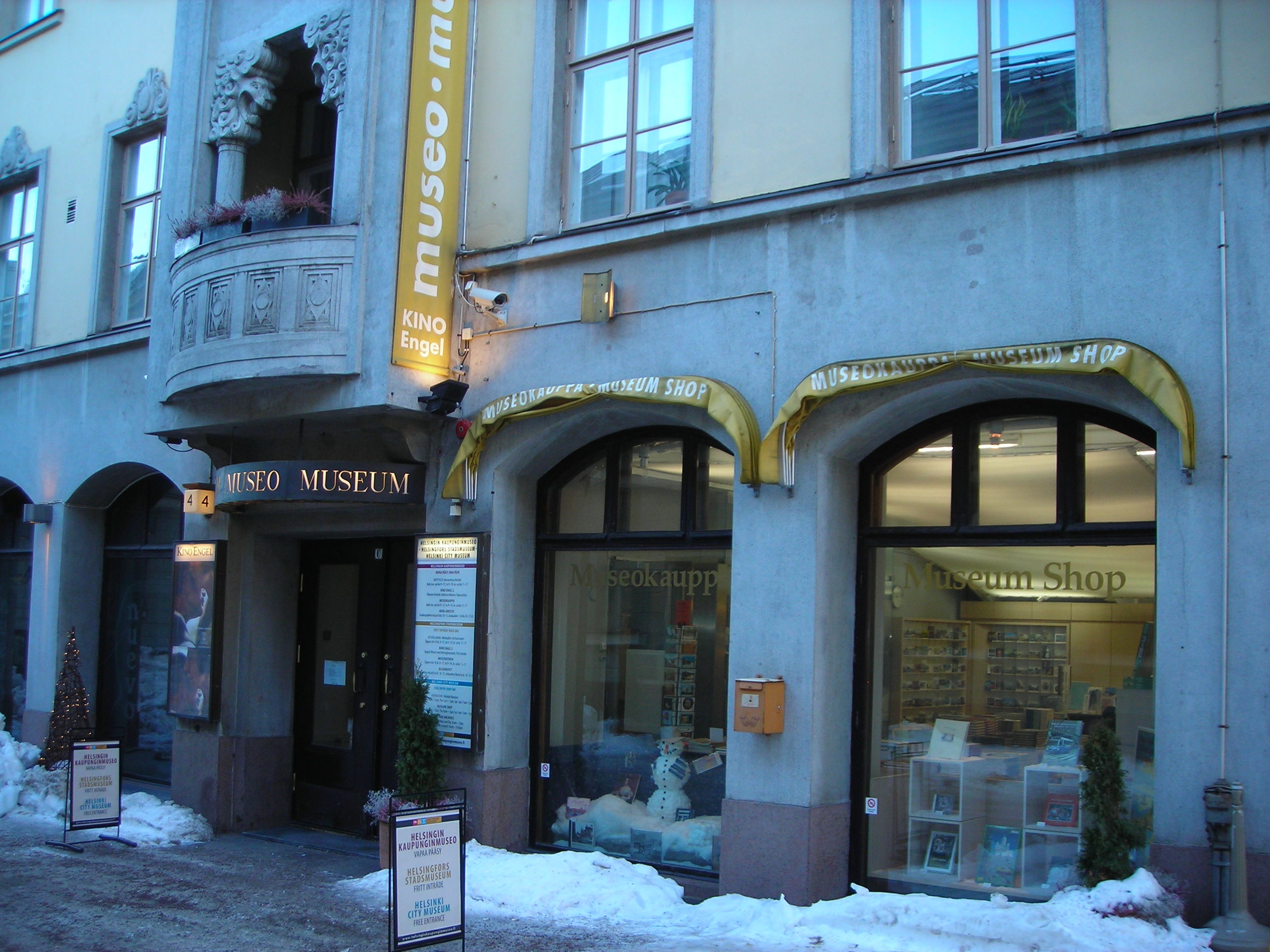For the first time in my life I have found a weather forecaster who actually matters to me. His name is David Epstein, and I am a big fan of his blog Weather Wisdom on boston.com. So are many of my local friends. Why do I care so much about David Epstein? Because he is the first meteorologist I have encountered who not only delivers the forecast, but then truly explains how it is going to affect my life. Take his post yesterday about the impending Hurricane Arthur. He was precise and thorough in describing exactly where and when to expect significant weather across southeastern Massachusetts. But more importantly, he told me what I needed to know to effectively adjust my plans for the July 4 holiday weekend. Yesterday afternoon many Bostonians were still trying to figure out whether it would be okay to attend last night's outdoor Boston Pops concert at the Hatch Shell, a local Fourth of July tradition. Knowing it would be on our minds, Epstein made sure to advise us that as long as we cleared out of the Esplanade as soon as the concert ended, we should be able to avoid any significant downpours. He also knew many Bostonians would be thinking about today's Red Sox game, so he told us what to expect there too: it would probably get cancelled, and if wasn't then count on getting soaked (eventually it did get postponed until Saturday). Indeed, he advised that any outdoor events for this afternoon and evening would get cancelled if they hadn't been already. He even weighed in on flight delays. And finally, he told us it would all clear out for a beautiful Saturday and Sunday: dry, not too hot, and great for all outdoor activities except ocean swimming (currents will still be strong). Which lets me know definitively: Pops but not Sox; no to my friend's outdoor picnic this afternoon but yes to my other friend's indoor party tonight; and Saturday's farmer's market—as well as brunch afterward on the patio—will be glorious. Weekend planned. All last winter, whenever snow was predicted in my city, David Epstein told me whether to head out early, on time, or late—or to skip going out altogether. He also gave me shoveling advice: was it going to be the kind of light, powdery snow where we can save the shoveling til the next morning, or a wet, heavy snow that means we need to shovel every 2 hours or risk throwing our backs out. Because some storms bring down trees on power lines and others don't, he told me which one I would be dealing with so I'd know whether it was worth my time to get out the flashlights and fully charge devices. And all year long he has been telling me what the weather is going to mean for my yard—when to plant, when to water, when to protect from frost. Other forecasts simply don't provide this context. They give me some information, and then it's up to me to interpret how this information is going to affect me. Therefore they are interchangeable. They come and go, from one weather service or another, hovering right at the line of mediocrity where they're neither remarkably bad nor remarkably good; they just are. But not David Epstein's forecasts. He understands his audience's needs. He knows right now we're thinking about the holiday weekend, and on Monday morning we'll be thinking about a whole different set of concerns, and we'll always be thinking about the Red Sox. He understands that the whole reason to have a forecast in the first place is so people can apply it to their daily lives, and so he helps me make good decisions. For this reason, I am loyal to David Epstein. I recommend him to everyone I know. If boston.com tried to drop him I would care; I would fight for him. And I suspect I'm not the only one.
So what does David Epstein have to do with city museums? The shift that he has made in terms of delivering a useful forecast is the same shift that city museums need to make in delivering useful content. Most city museums think of themselves first and foremost as history museums, dealing with things that happen in the past. But just as it's not enough to get the forecast right but leave your audience on their own to apply it, it's not enough to get the history right without explaining what it has to do with everyday lives right now. For city museum workers, this means paying attention to what's going on in your city—following local news and social media, talking to fellow residents—and then looking for opportunities to make connections between past and present. If your city is in the midst of a particularly intense local election, dig up some stories that help put it in context. If it's the first day of spring and everyone has turned out on the street with bare arms and legs for that collective joy that only the first day of spring can elicit, find some photos in your archive of spring 50 years ago and post them on your social media channels. Moreover, your content doesn't have to be historical to be meaningful and mission-driven for city residents; holding a town hall forum about an important local issue or investigating the here and now in urban neighborhoods is also compelling work for city museums. Anticipating audience needs and delivering content that applies to everyday lives right now is how city museums build loyal fans who will recommend the museum to friends and neighbors, and fight for the museum when it's threatened. It's how city museums rise above mediocrity to become institutions that matter.
















 Is the one from
Is the one from 











